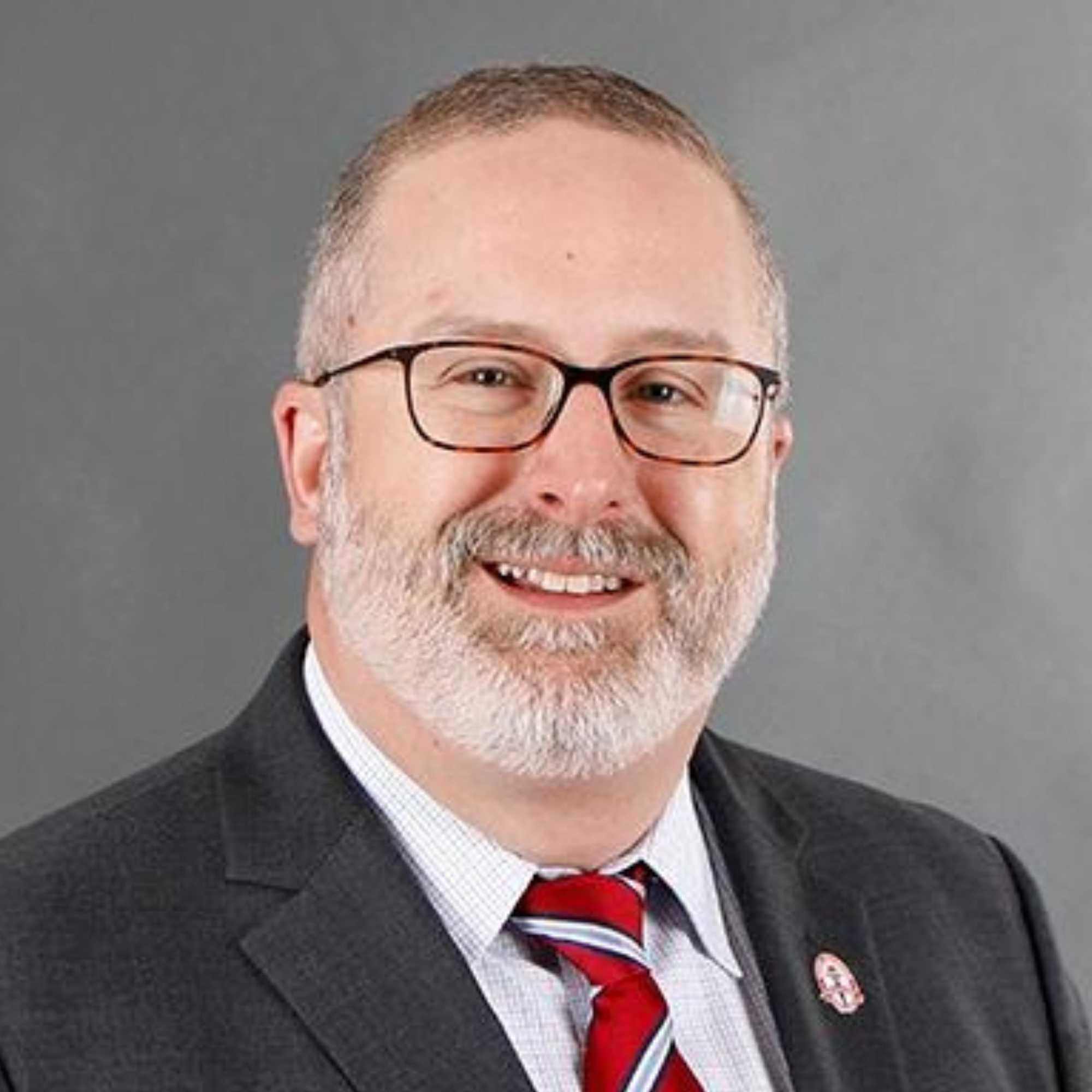I was eager to read Aaron Renn’s highly anticipated new book, Life in the Negative World: Confronting Challenges in an Anti-Christian Culture. The book is an expansion of his much-discussed 2022 essay for First Things titled “The Three Worlds of Evangelicalism.” Renn’s argues that American culture has been secularizing at an increasing rate since the 1960s. He breaks down this secularization into three stages.
Prior to 1994, American culture had a mostly positive view of Christianity. The public square had long been influenced by Christian (especially Protestant) moral values and it was generally admirable for a person to be a Christian. Renn calls this the Positive World. From 1994 to 2014, as America became increasingly pluralistic, Christianity lost some of its cultural cache and was considered one valid option amid a diversity of worldviews. Renn calls this the Neutral World. Since 2014, American society has held an increasingly negative view of Christianity. It is no longer considered morally good, or even neutral, to be a Christian who affirms orthodox theology or ethics. Renn calls this the Negative World.
Renn’s burden is reflected in his book’s title: He wants to equip committed Christians to navigate public life in the Negative World. Orthodox believers are now a moral minority. Our calling is not to be culturally relevant or even to transform the culture, but rather to be countercultural for the sake of proclaiming faithfully the gospel and its implications.
Though Renn discusses education in the Negative World, he gives more attention to public K-12 education and its alternatives than to higher education. However, his book offers much food for thought for those of us who are engaged in the kingdom work of Christian higher education.
Click Here to Read More (Originally Published at World Magazine)
Nathan Finn, Provost and Dean of the University Faculty at North Greenville University, is a historical and systematic theologian who writes and speaks widely on Baptist history and thought, leadership, and Christian higher education. He serves as a Research Fellow for the Ethics and Religious Liberty Commission. He frequently preaches and teaches for local churches, ministry leadership conferences, Bible conferences, and other similar events.

